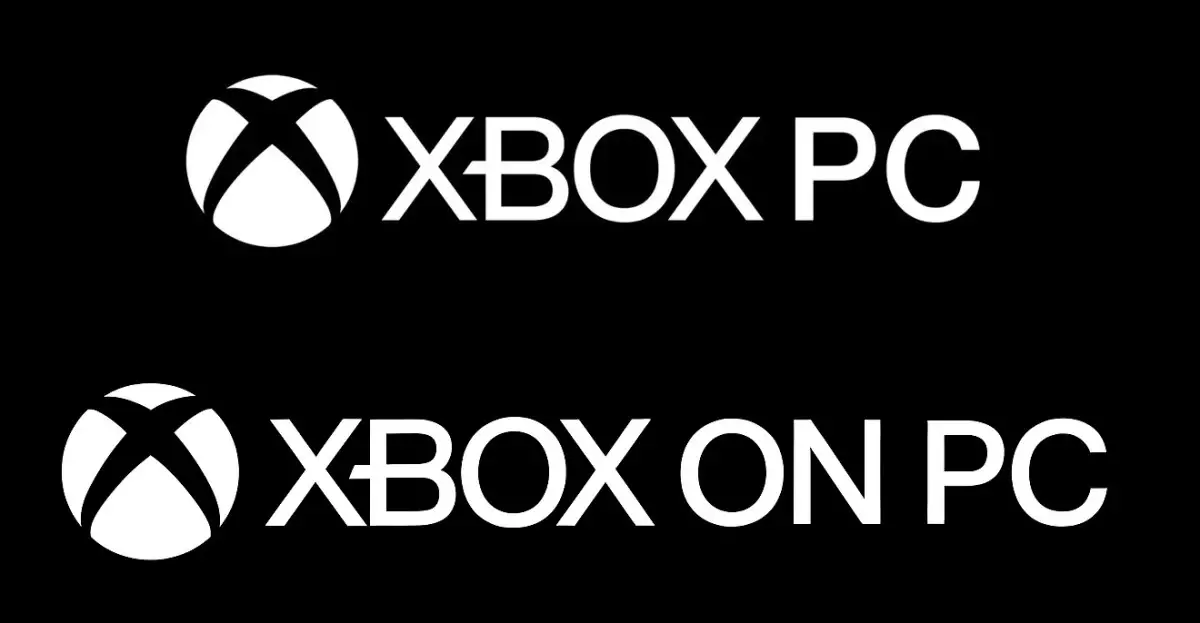In the fast-evolving landscape of gaming, Microsoft’s recent changes in branding terminology reveal more than just superficial rebranding efforts—they expose an ongoing internal struggle to define the Xbox universe’s identity in a multi-platform world. Originally, Microsoft introduced the term “Xbox PC” with a strategic intent: to position its gaming ecosystem as an integrated, cross-device experience that rivals platforms like Steam. However, the subsequent swift switch to “Xbox on PC” indicates uncertainty and hurried positioning.
This flip-flopping reflects a core dilemma—should Microsoft emphasize the seamless integration of Xbox with PCs as a standalone experience or treat it merely as being “on” Windows? The former suggests a unified platform with its own ecosystem, while the latter underscores a more fragmented approach, emphasizing that Xbox is just another app or service on PC. The inconsistency in branding echoes broader internal tensions, where clarity and purpose seem to conflict with a desire to appeal to diverse audiences.
The Power of Words and the Danger of Ambiguity
Language shapes perception, especially in technology branding, where clarity determines consumer trust and expectations. Microsoft’s oscillation between “Xbox PC” and “Xbox on PC” sends mixed signals about the company’s strategic priorities. “Xbox PC” was intended to foster a distinct identity, positioning the Xbox app and Store as central hubs on Windows—akin to a gaming hub on Steam. Conversely, “Xbox on PC” suggests a more peripheral role, where Xbox games are just another catalog within Windows’ ecosystem.
This inconsistency is more than cosmetic—it’s a reflection of Microsoft’s indecisiveness about whether its future lies in a unified, Xbox-centric ecosystem or a broader Windows game platform. The company appears to be cautious, perhaps wary of alienating traditional PC gamers who might be skeptical of the Xbox brand encroaching on their space. The choice of words reveals these underlying tensions and highlights a broader question: is Xbox trying to dominate the PC gaming market or coexist within it?
The Broader Context: Bridging the Divide Between Windows and Xbox
Microsoft’s ambition to create a seamless gaming experience across devices is bold but fraught with challenges. The company’s history reveals a pattern of inconsistent branding efforts—think back to the confusion caused when “Xbox Game Pass for PC” was renamed “PC Game Pass,” only to later be integrated into a more unified branding push. These experiments underscore Microsoft’s struggle to reconcile its disparate identities: a traditional PC software giant and a rising console and gaming platform.
As Microsoft prepares for a future where Windows and Xbox are more deeply intertwined—especially with upcoming devices like handheld PCs and the integration of Windows with Xbox hardware—branding becomes more than semantics. It’s an attempt to forge a clear narrative that the Xbox ecosystem is not just a gaming service but a core component of Microsoft’s broader hardware and software vision.
Are We Witnessing a Strategic Reboot or Just Market Tinkering?
The rapid switch from “Xbox PC” to “Xbox on PC” might seem trivial, but it underscores a strategic pivot—or perhaps mere trial and error. Microsoft’s broader goal appears to be positioning the Xbox platform as a universal gaming hub capable of spanning multiple devices, from phones to VR headsets. However, achieving this vision requires consistent messaging and unwavering branding. Fluctuating terminology risks undermining consumer confidence.
What makes this situation particularly intriguing is Microsoft’s apparent awareness of these pitfalls. The company has, historically, struggled to maintain coherent branding, often changing course in ways that confuse consumers rather than clarify. The risk is sizable: if Microsoft cannot establish a clear and compelling identity for its gaming ecosystem, it might lose ground to more focused competitors like Sony or emerging platforms that offer clarity and consistency.
Microsoft’s branding inconsistencies serve as a cautionary tale about the importance of identity clarity in a saturated market. While the company’s ambitions are commendable—aspiring to unify hardware, software, and services into a singular gaming universe—the execution appears rushed and tentative. To truly succeed, Microsoft must settle on a branding approach that underscores unity without creating confusion. The “Xbox on PC” nomenclature, though seemingly minor, symbolizes a broader need for strategic coherence and vision.
The path forward demands not just changing words but refining the story Microsoft tells about its gaming universe—one that is broad, inclusive, and above all, consistent. Only then can the company transform its ambitions into a tangible reality that resonates with gamers across all platforms.


Leave a Reply